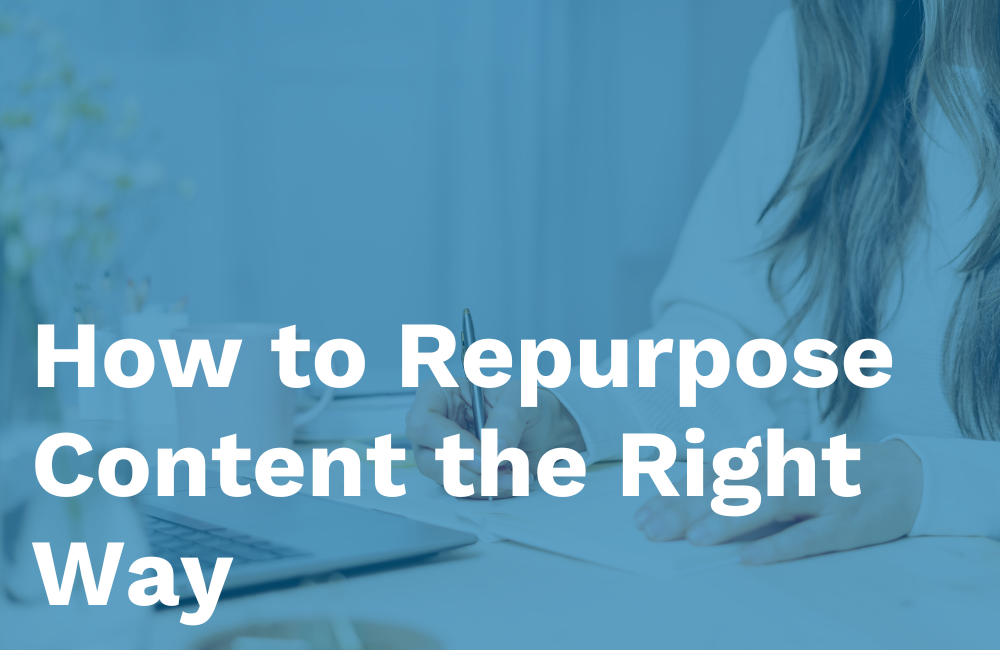Google is estimated to be worth $2 Trillion in the open market. How much of that do you think comes from Google Ads, where advertisers pay for clicks for their ads to show up on Google and a few other places? It’s a bigger part than you might think!

80% of Google’s revenue is generated by Google Ads (source)
Clearly, the Google Ads advertising platform is incredibly valuable to the company’s business model. Let’s talk about Google’s goals for Google Ads, how these ads work, and why they are a great fit for so many business’s marketing plans.
Google’s goal is to increase adoption of their search engine, and helpful advertisements encourages people to use Google more.
Adoption of Google’s products increase when people use the platform and get the outcomes they want or need. That means Google Ads needs to support its users in getting the information or service they’re looking for.
Google’s search engine needs to be extremely smart: it must serve highly relevant results on increasingly obscure and ambiguous questions. This creates repeat customers of Google’s search engine, the foundation that Google Ads is built on.
Google’s ads need to be helpful, high quality, and relevant. Google is basically endorsing the ads it places in the top positions; its reputation is attached to that ad. If a user clicks through a Google ad, finds a great product or service, and turns into a lead or makes a purchase, Google is happy. Now that person has increased their perception that ads are trustworthy and helpful at fulfilling their needs. That person may now become a repeat Google Ads user, using the system to meet a different need in the future.

Google needs to provide the most valuable ad experiences possible to customers to keep them coming back.
In a normal advertising ecosystem, the companies with the most money will succeed and ultimately crush less wealthy and/or smaller competitors. However, Google creates an alternate ecosystem for advertisers within their ad platform. In Google Ads, ad quality beats raw budget and wealth. This differentiates them from other types of advertising. Because the system accounts for more than just budget, Google Ads is a worthwhile investment for a variety of company types and sizes.
If Google was to mimic a normal ecosystem, they would cut out 80% of their clients, and leave only the massive companies as advertisers. The reason Google determines its treatment of advertisers based on ad quality is twofold:
They want to sell ads to everyone from big businesses to smaller local shops.
They want more repeat customers, which means they need to showcase and endorse the best marketing setup. If Google were to give the best ad performance to the most wealthy advertisers, those advertisers could create a kind of monopoly over search results and offer inferior marketing setups with no penalty. This would degrade Google’s product.
Constantly evolving product offerings allows more advertisers to get more results.
In order to make their ad system worthwhile for advertisers, Google is constantly testing new features in the ad platform. The digital landscape is constantly evolving and Google’s product has to evolve with search behavior and preferences (which they already have all the data on!). If Google stopped evolving, then the results the system could generate for agencies and businesses would degrade over time. They are kind of racing against themselves, or what they have sold (all of those ad placements that these companies are hooked on).
By creating and offering up new ad placements and weaving that into their search engines, Google is able to both diversify their income streams and allow more of their users to get better results instead of having to clash over fewer ad placements.

In order to reach their objectives and continue to boost their revenue, Google Ads is a constantly evolving platform. They constantly create opportunities for advertisers of all sizes and budgets, providing a more even playing field where businesses without limitless advertising spend still are able to succeed.
Providing an overview on Google Ads theory is intended to shed light on why agencies behave the way they do when managing and developing a strategy for Google Ads. Have questions or want to learn more? Don’t hesitate to contact us today!





